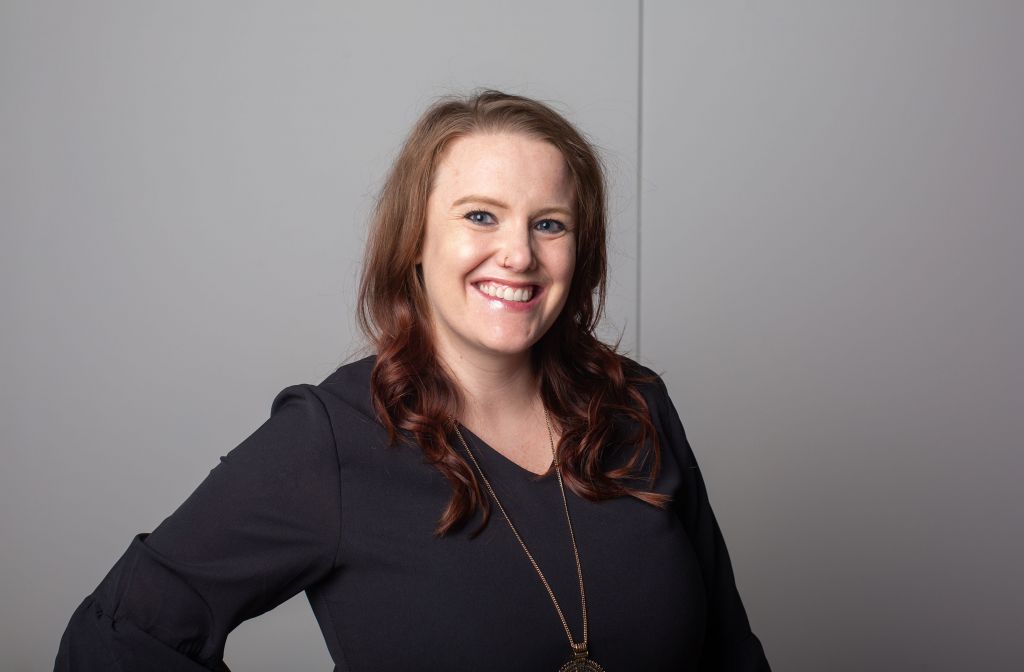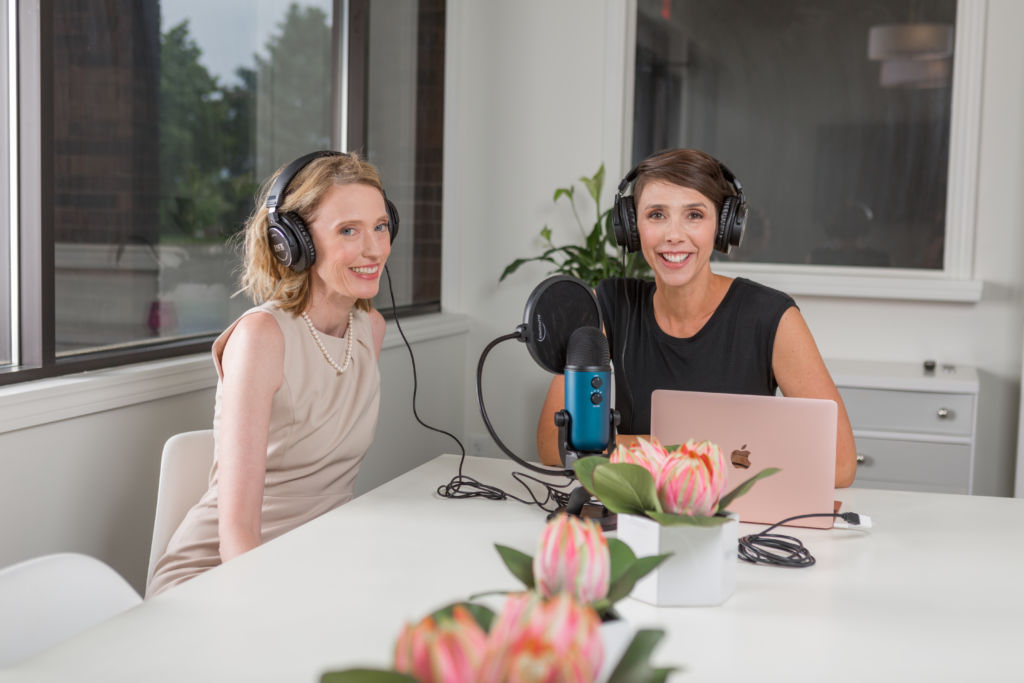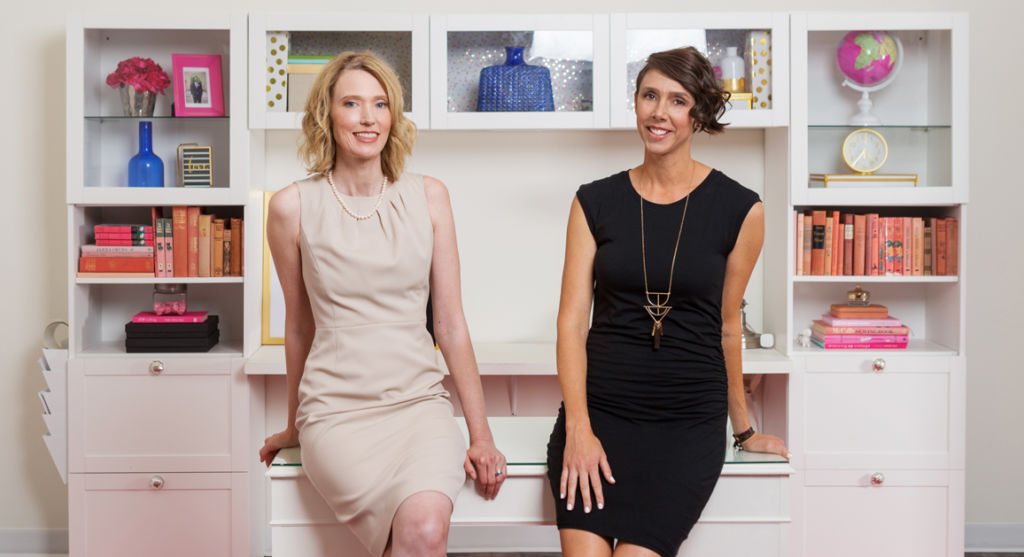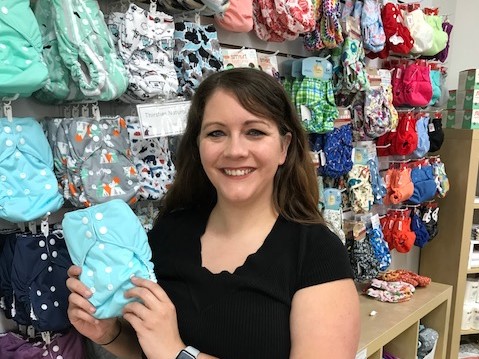Audra’s Birth Story: Podcast Episode #105

Audra Geyer, Gold Coast’s newest birth doula, tells us her birth story and how birth support from her doula was a game changer. She also took HypnoBirthing classes and went from being afraid of labor to looking forward to it! Her experience with Gold Coast let her to become a doula herself! You can […]
What I Wish I Knew: Podcast Episode #104

Kristin and Alyssa, owners of Gold Coast Doulas, talk about the things they wish they had known before having a baby. Listen to this fun episode packed with advice and lots of little gold nuggets of information for new parents! You can listen to this complete podcast episode on iTunes or SoundCloud. Kristin: Welcome to […]
Podcast Episode 100!

It’s the 100th episode! Alyssa and Kristin, co-Owners of Gold Coast Doulas, talk about what the past two and a half years of podcasting has looked like, how the podcast has changed, how the business has changed, how services have pivoted in the midst of the COVID-19 pandemic, and how they are playing their part […]
Podcast Episode #26: EcoBuns Cloth Diapering

On this episode of Ask the Doulas, Marissa, owner of EcoBuns Baby + Co in Holland, Michigan dispels all the myths about cloth diapering that we’ve heard. Learn how easy and economical they can be for your family! You can listen to the full podcast on iTunes or Soundcloud. Alyssa: Hi, welcome to Ask […]
